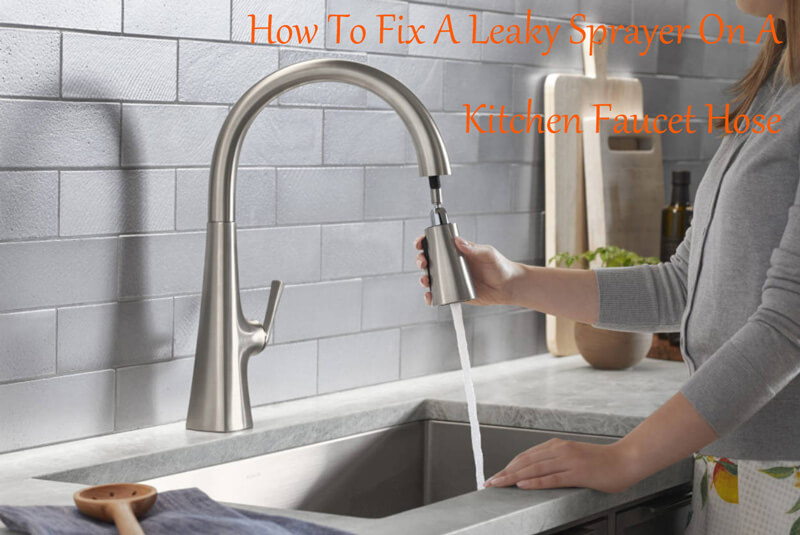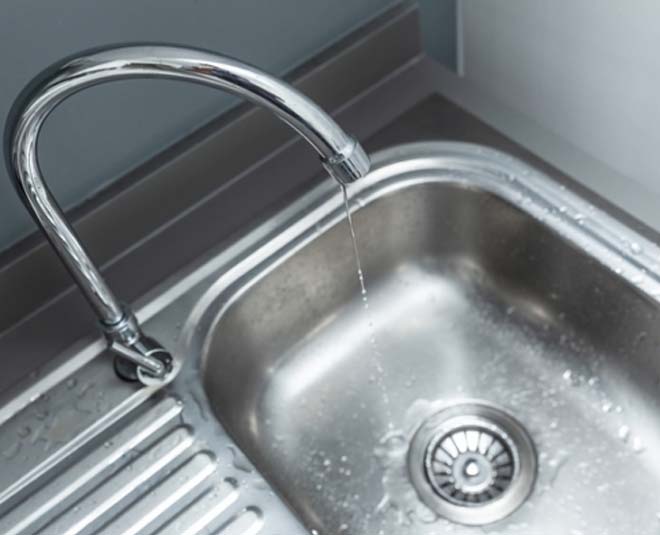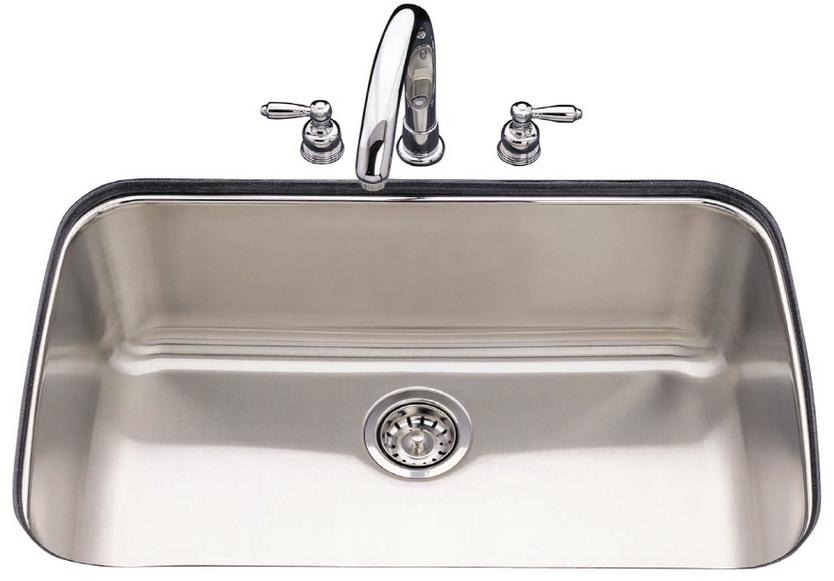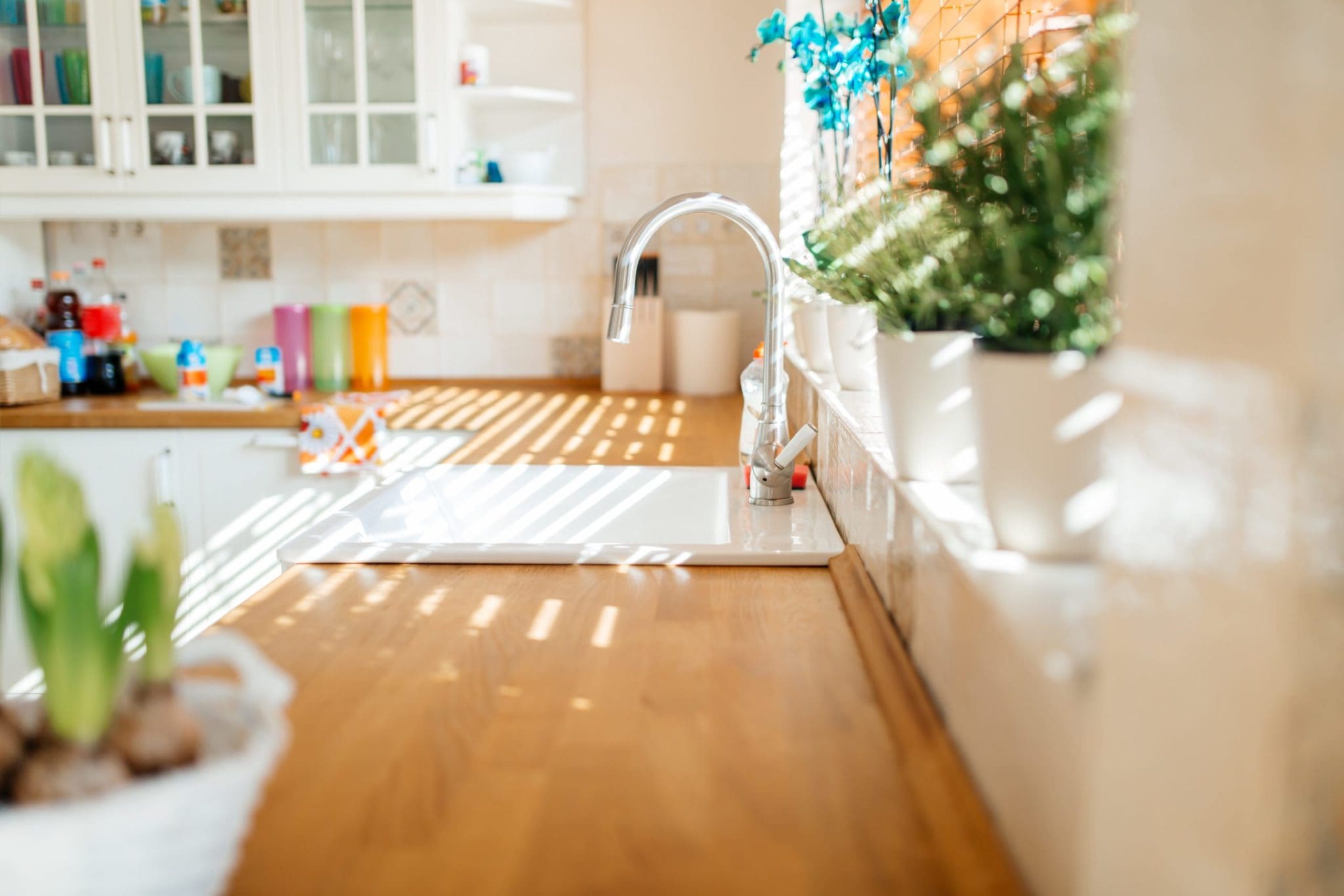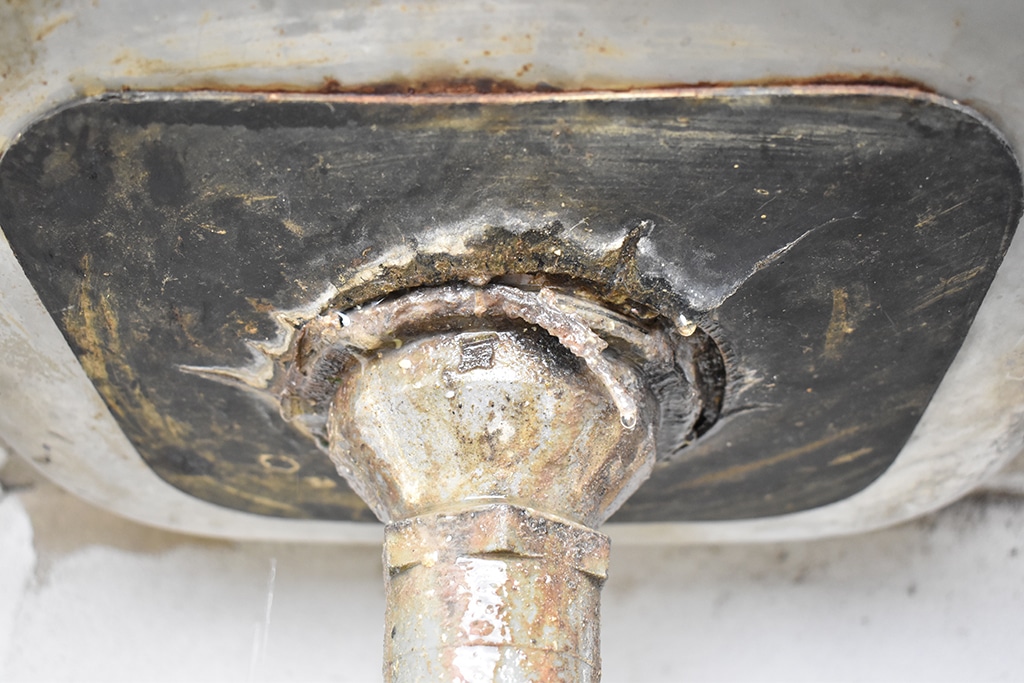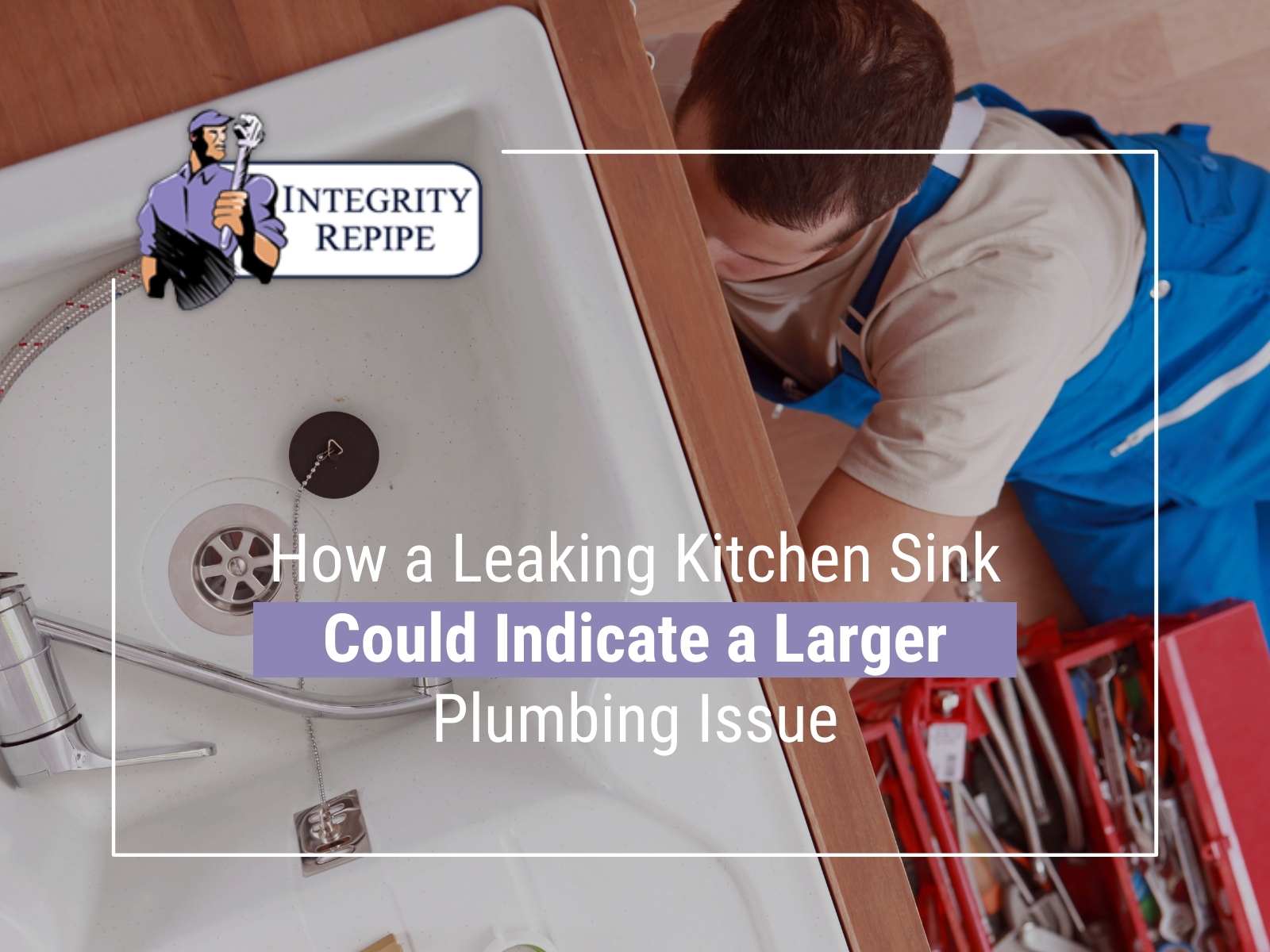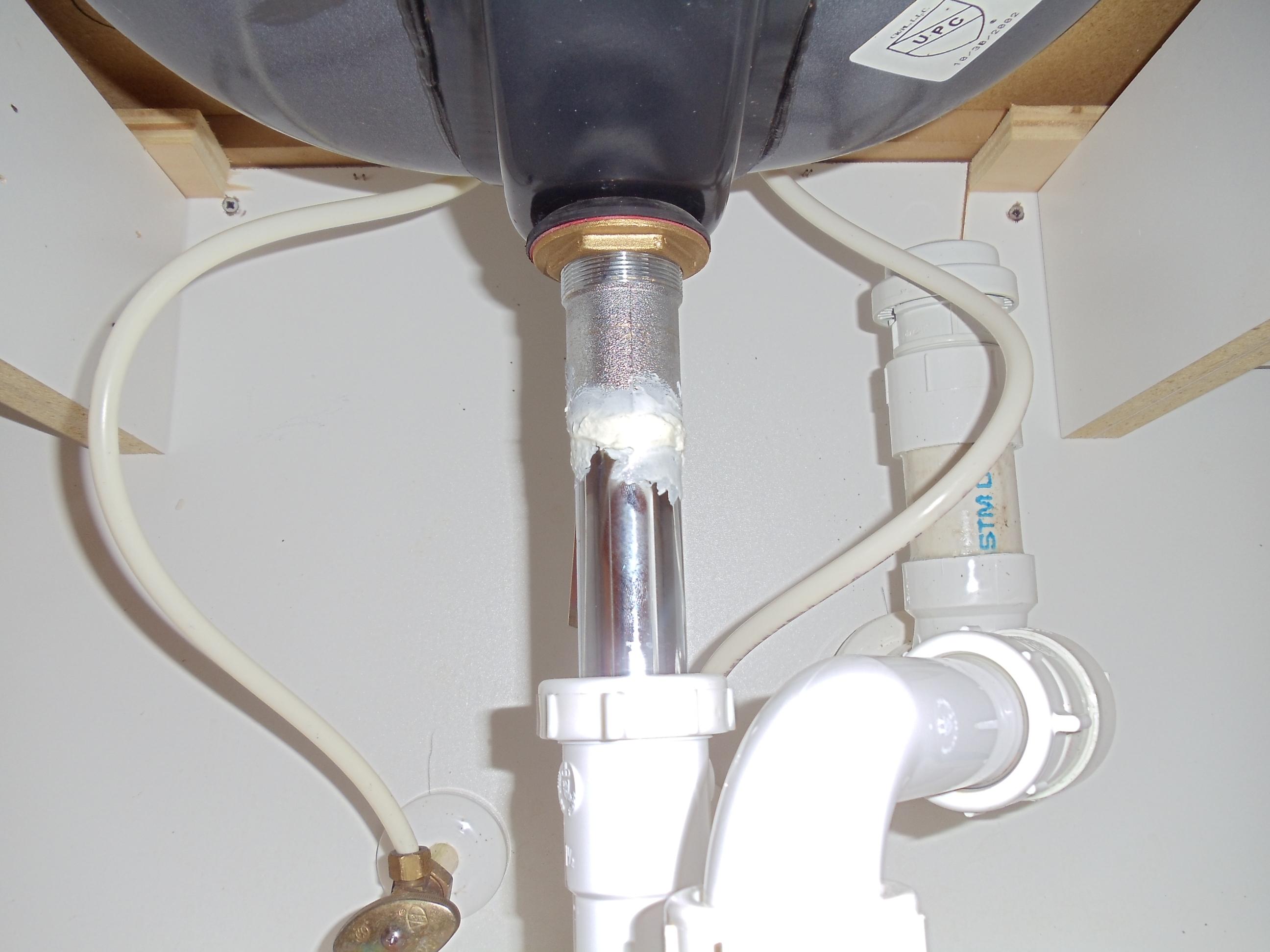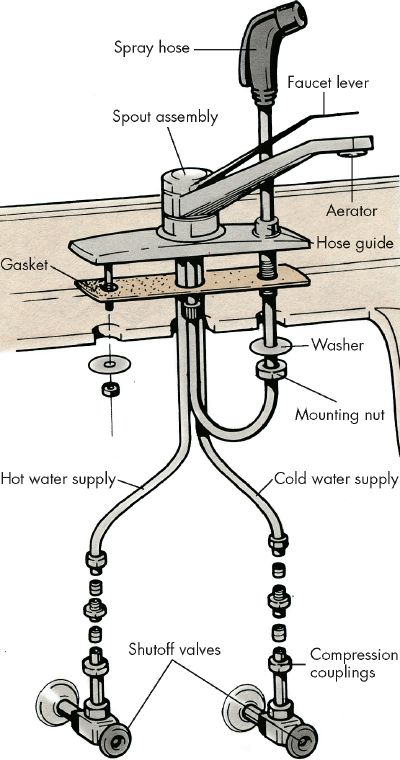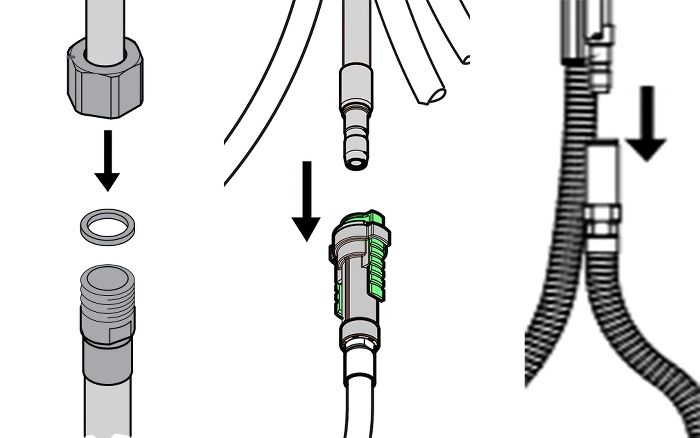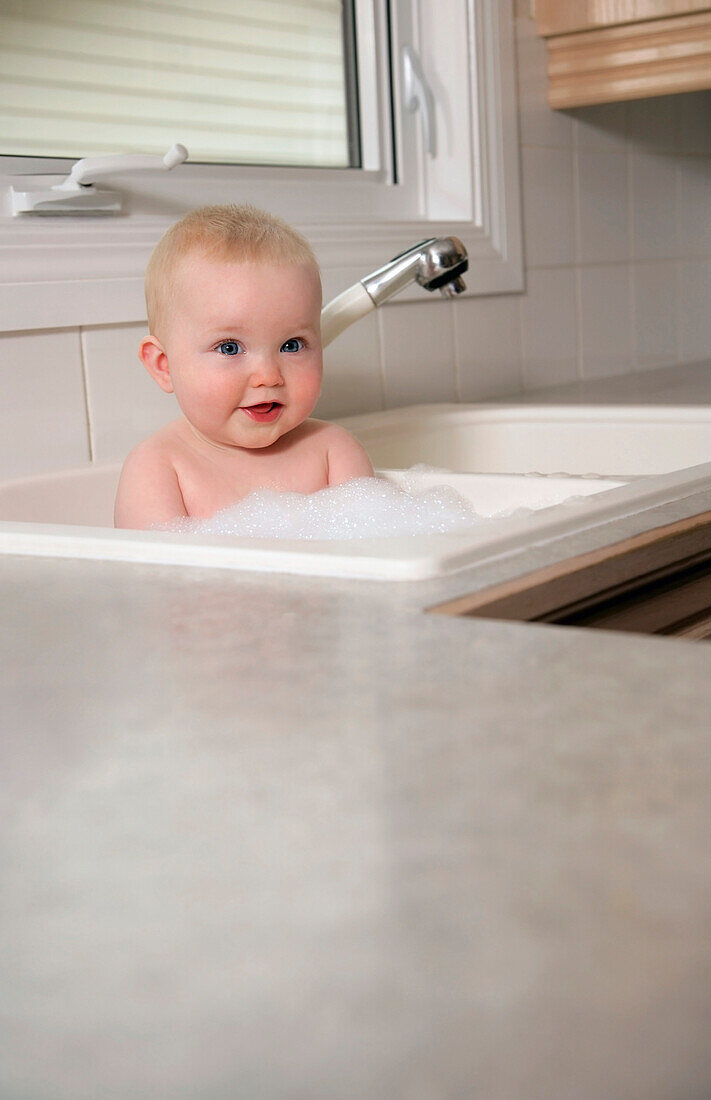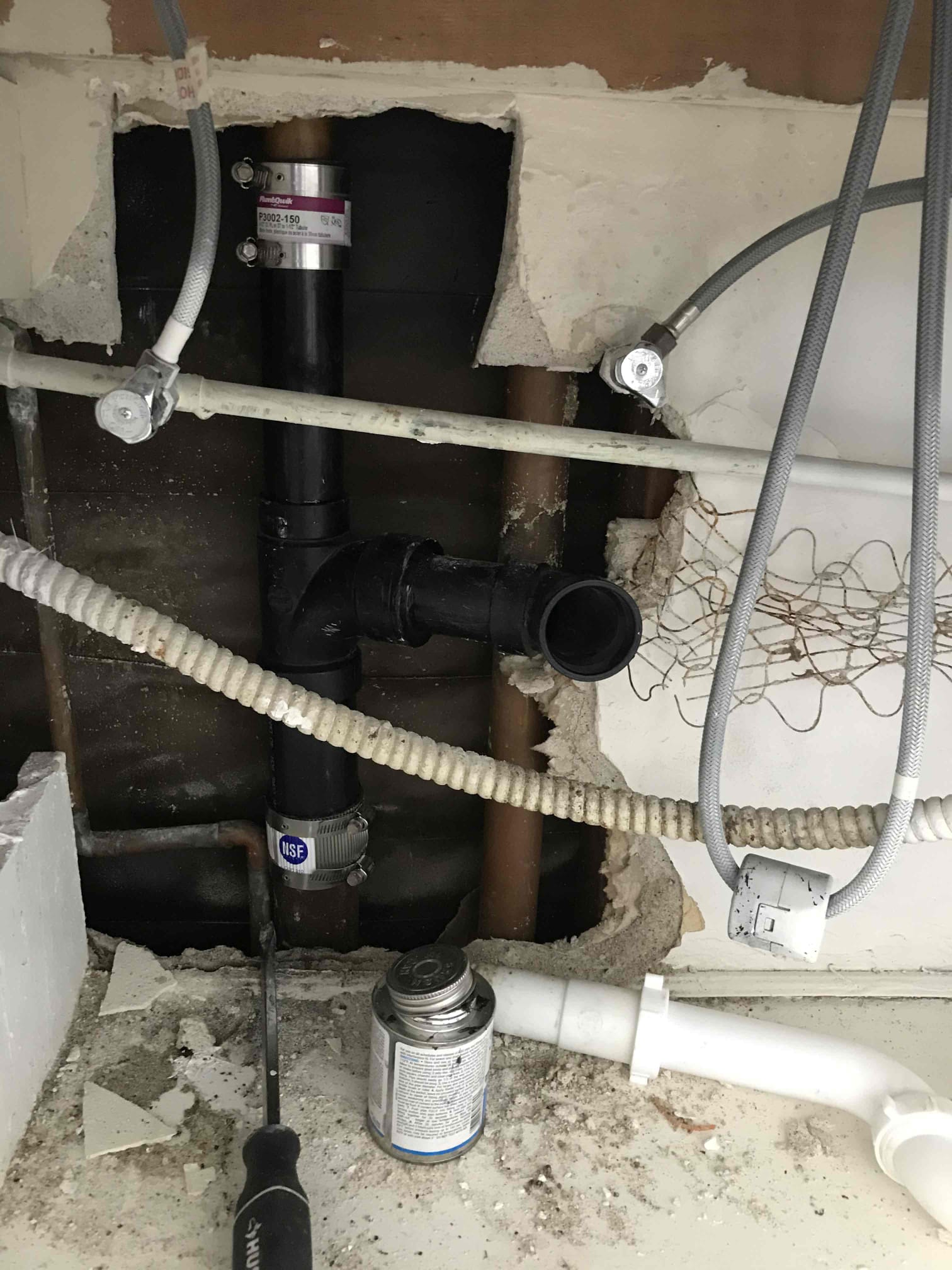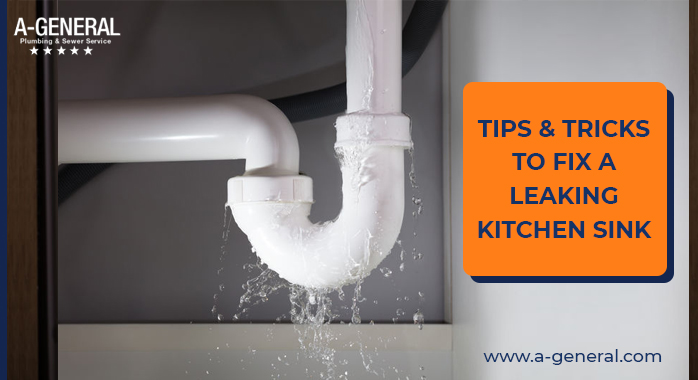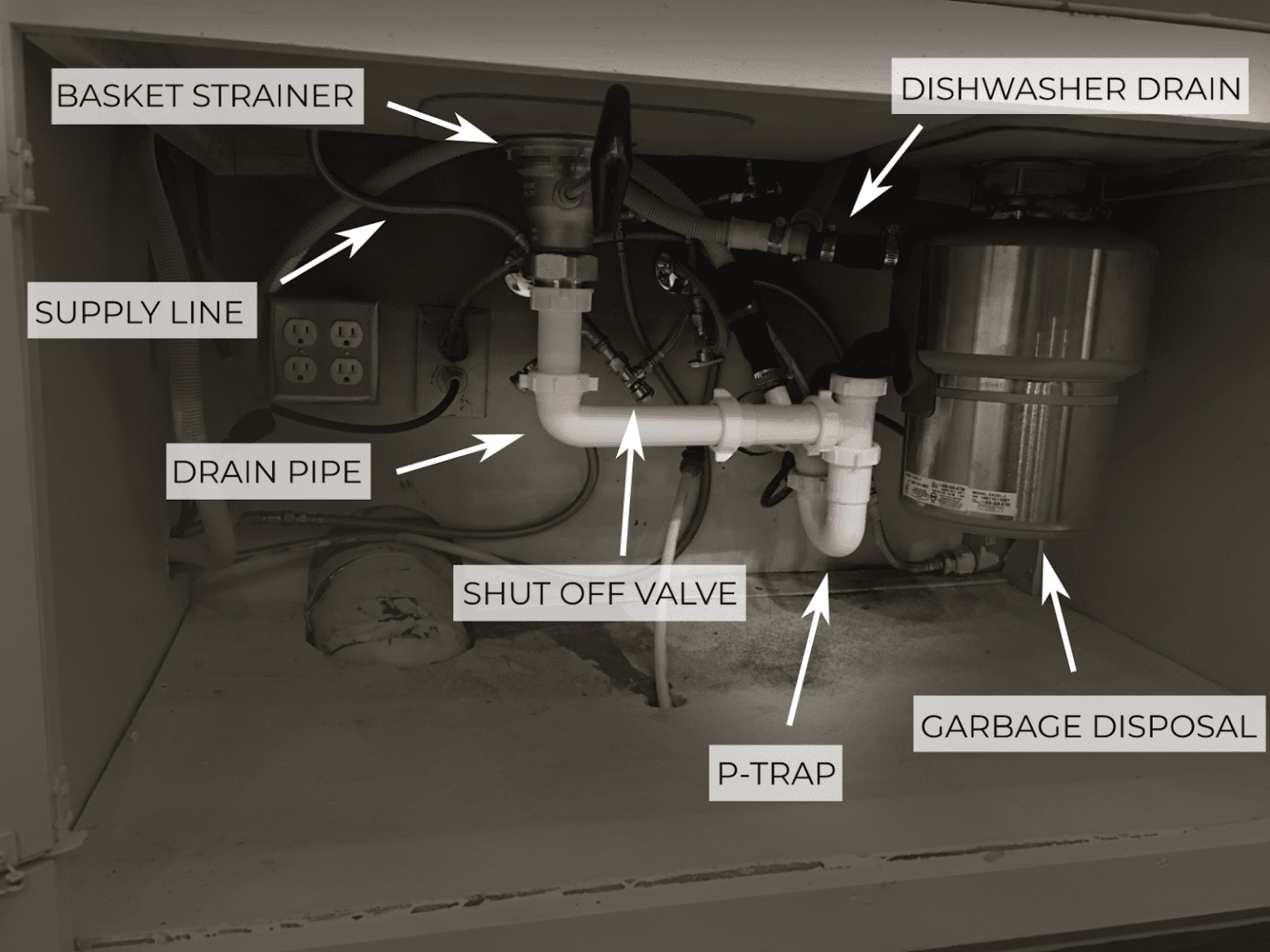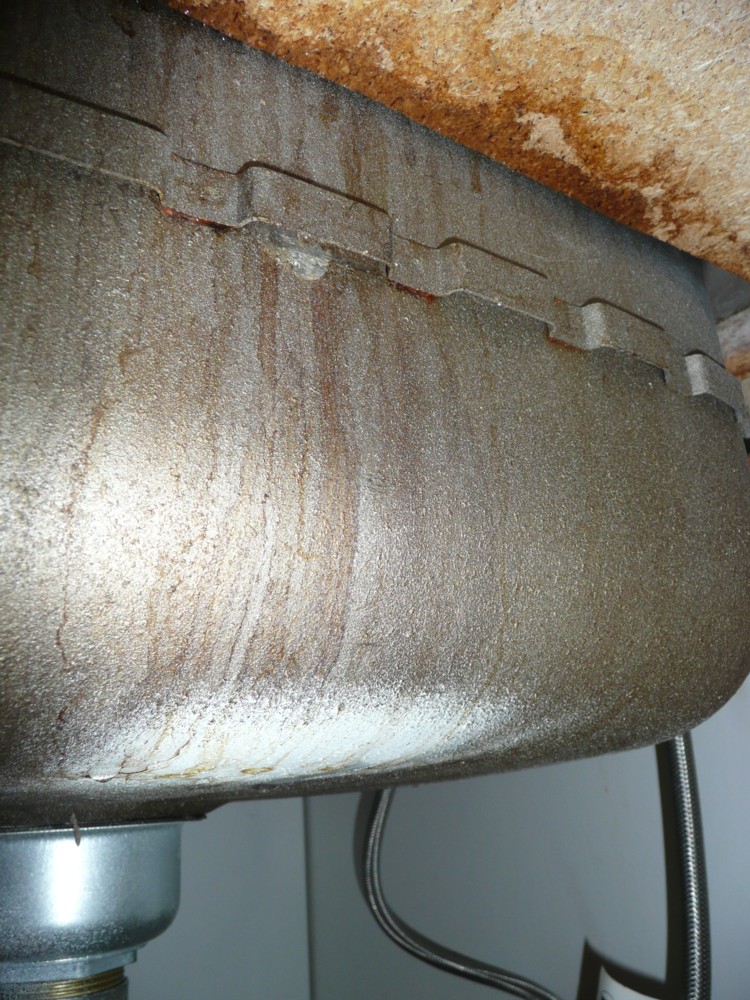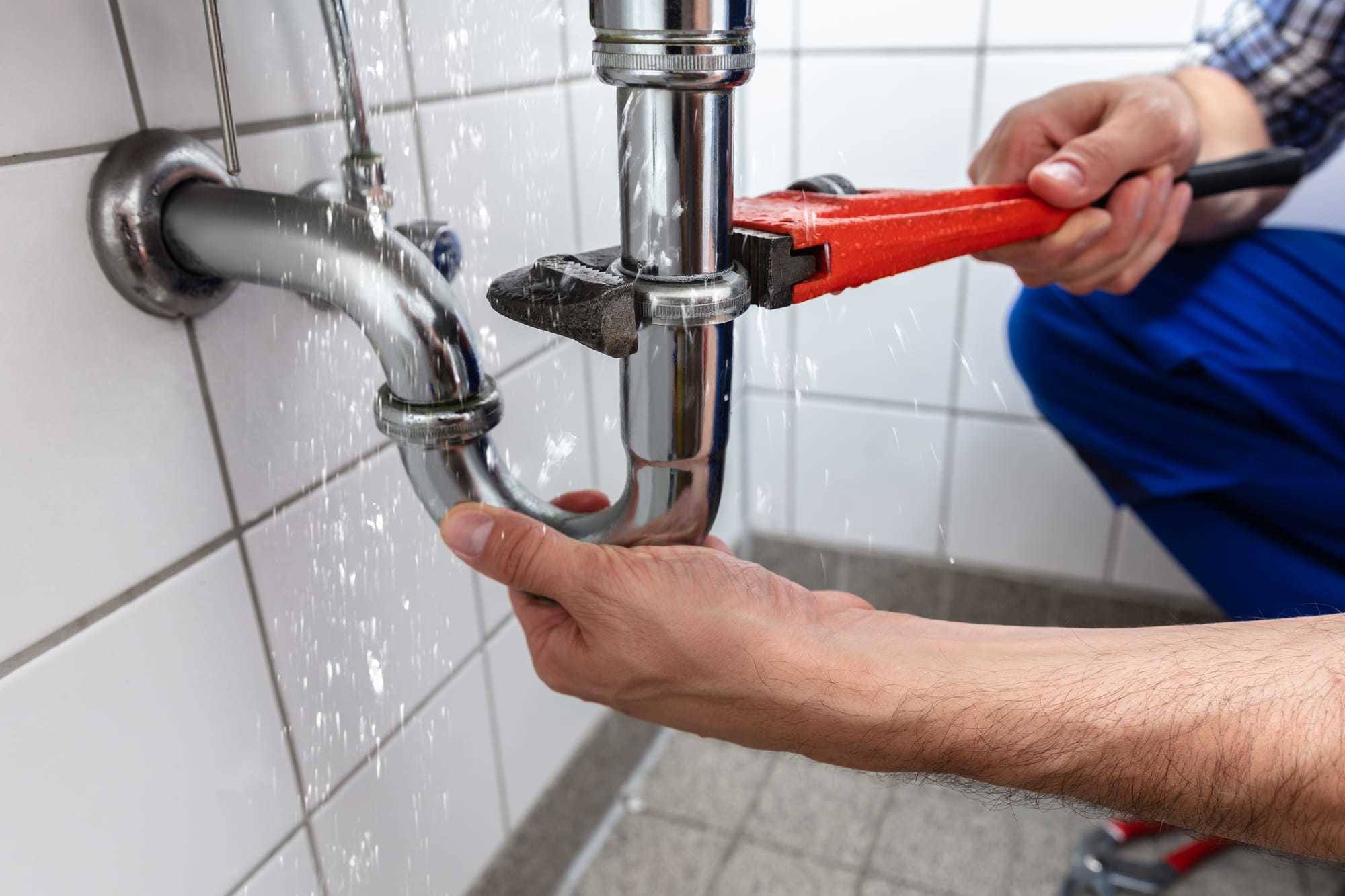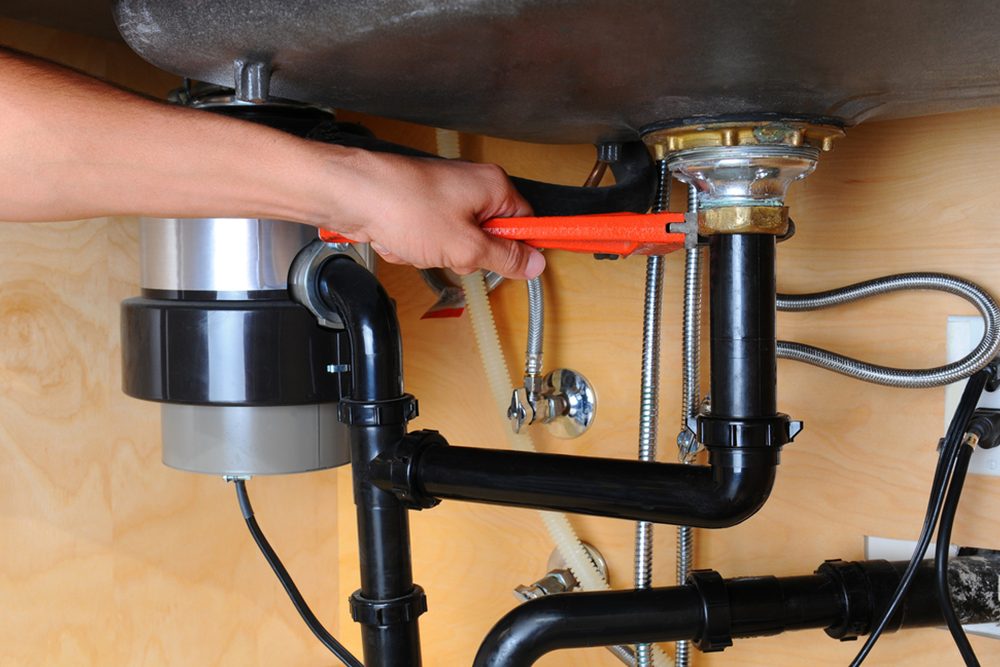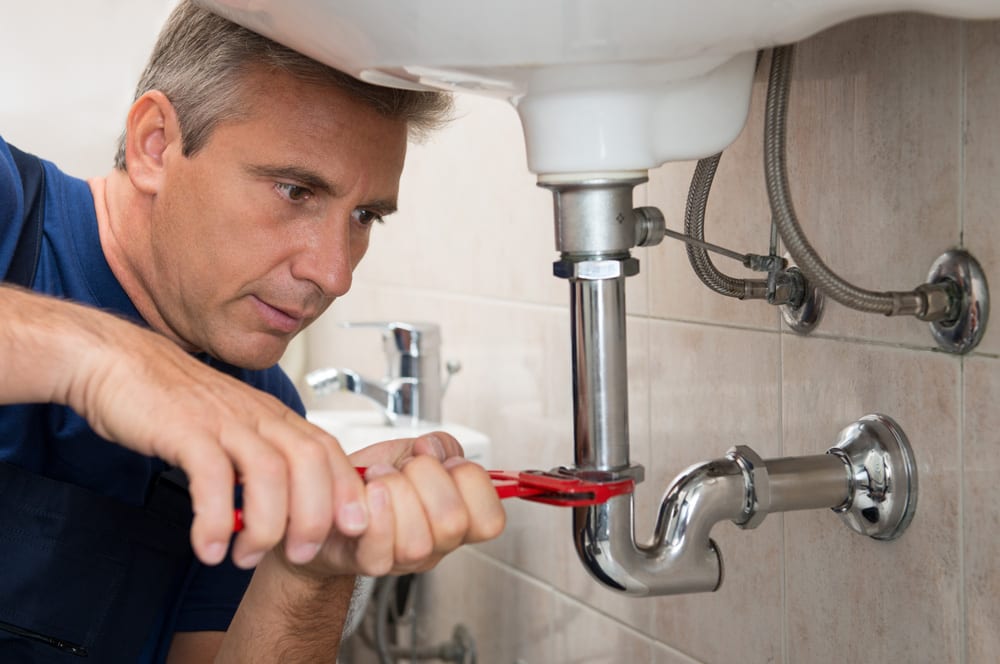How to Fix a Leaky Kitchen Sink Hose
If you've noticed water dripping from your kitchen sink hose, it's important to address it as soon as possible to prevent further damage. Not only can a leaky kitchen sink hose be a nuisance, but it can also lead to water damage and mold growth. Fortunately, fixing a leaking kitchen sink hose is a relatively easy DIY task that can save you time and money. Follow these steps to fix a leaky kitchen sink hose and get your kitchen back to working order.
How to Repair a Leaking Kitchen Sink Hose
The first step in repairing a leaking kitchen sink hose is to determine the source of the leak. In most cases, the leak will be coming from either the connection between the hose and the faucet or the connection between the hose and the sprayer. Once you've identified the source of the leak, you can take the appropriate steps to fix it.
DIY Kitchen Sink Hose Leak Repair
If the leak is coming from the connection between the hose and the faucet, you can try tightening the connection with a wrench. If that doesn't work, you may need to replace the hose entirely. To do this, turn off the water supply to the sink, unscrew the hose from the faucet, and install a new one. This is a relatively simple and inexpensive fix that can save you from a bigger headache down the road.
Common Causes of Kitchen Sink Hose Leaks
There are a few common causes of kitchen sink hose leaks that you should be aware of. One of the most common causes is wear and tear over time. If your kitchen sink hose is old or has been used frequently, it may develop cracks or loose connections that can lead to leaks. Another common cause is clogs in the hose. If food or debris gets stuck in the hose, it can cause a blockage and put pressure on the hose, leading to leaks.
Replacing a Leaking Kitchen Sink Hose
If the leak is coming from the connection between the hose and the sprayer, you may need to replace the entire hose. To do this, you'll need to disconnect the hose from the sprayer, remove the old hose, and install a new one. This may require some basic plumbing skills, so if you're not comfortable with this task, it's best to call a professional plumber.
Quick Fixes for a Leaking Kitchen Sink Hose
If you need a temporary fix for a leaking kitchen sink hose, there are a few things you can try. First, you can use plumber's tape to wrap around the connections to create a tighter seal. You can also use a temporary hose repair kit, which is a quick and easy solution that can last for a few weeks until you can replace the hose.
Preventing Kitchen Sink Hose Leaks
The best way to deal with a leaking kitchen sink hose is to prevent it from happening in the first place. Regularly inspect your kitchen sink hose for any signs of wear and tear or clogs. Also, be careful not to put too much strain on the hose by pulling on it or leaving heavy objects on top of it. Taking these preventative measures can help prolong the life of your kitchen sink hose and save you from dealing with leaks.
Signs of a Leaking Kitchen Sink Hose
It's important to be aware of the signs of a leaking kitchen sink hose so you can address the issue right away. The most obvious sign is water dripping from the hose, but you may also notice a decrease in water pressure or strange noises coming from the hose. If you notice any of these signs, it's best to take action before the leak gets worse.
Tools Needed for Fixing a Leaking Kitchen Sink Hose
For a DIY kitchen sink hose leak repair, you'll need a few basic tools. These include an adjustable wrench, plumber's tape, a new hose (if necessary), and a temporary hose repair kit. Make sure to have these tools on hand before attempting to fix the leak to make the process smoother and quicker.
Professional Help for a Leaking Kitchen Sink Hose
If you're not comfortable fixing a leaking kitchen sink hose on your own, or if the leak is more serious and requires professional attention, don't hesitate to call a plumber. They have the skills and experience to address the issue and ensure it's fixed properly, saving you from any future leaks and potential damage.
Why a Leaking Kitchen Sink Hose Can Be a Major Issue in Your Home
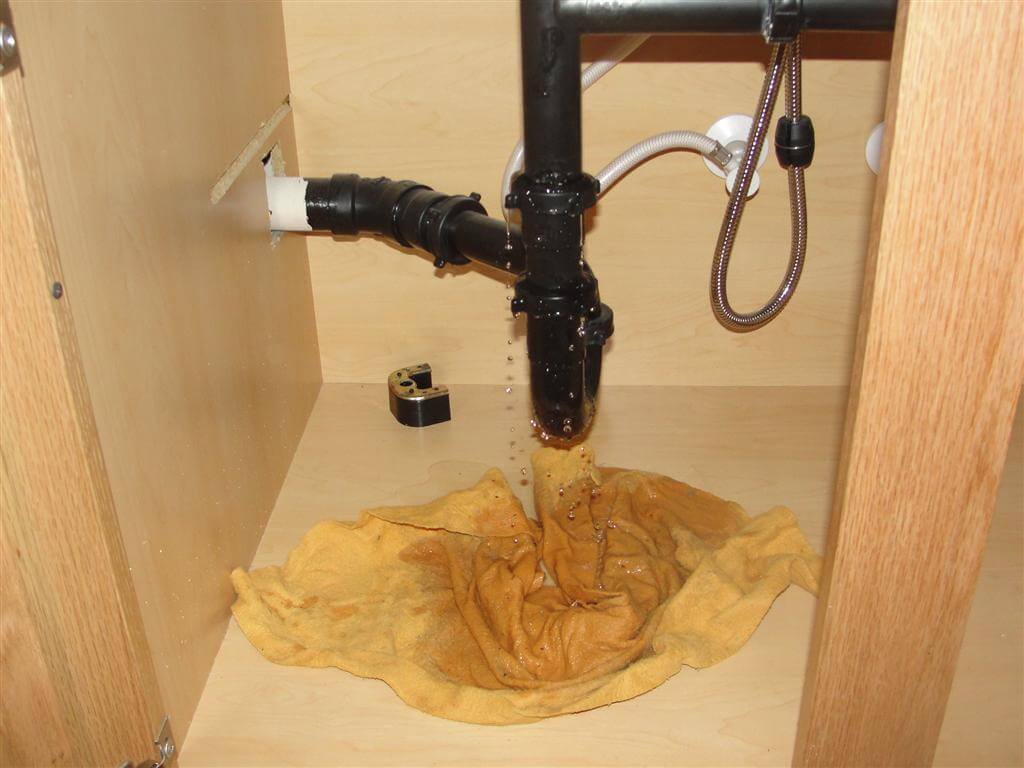
Don't Ignore the Dripping
 A leaking
kitchen sink hose
may seem like a minor inconvenience, but it can actually lead to bigger problems if left untreated. The hose connected to your kitchen sink is responsible for delivering clean water for cooking, cleaning, and drinking. When it starts to leak, it can not only waste water and increase your utility bill, but it can also create potential hazards in your home. It is important to address this issue as soon as possible to prevent any further damage.
A leaking
kitchen sink hose
may seem like a minor inconvenience, but it can actually lead to bigger problems if left untreated. The hose connected to your kitchen sink is responsible for delivering clean water for cooking, cleaning, and drinking. When it starts to leak, it can not only waste water and increase your utility bill, but it can also create potential hazards in your home. It is important to address this issue as soon as possible to prevent any further damage.
Causes of a Leaking Kitchen Sink Hose
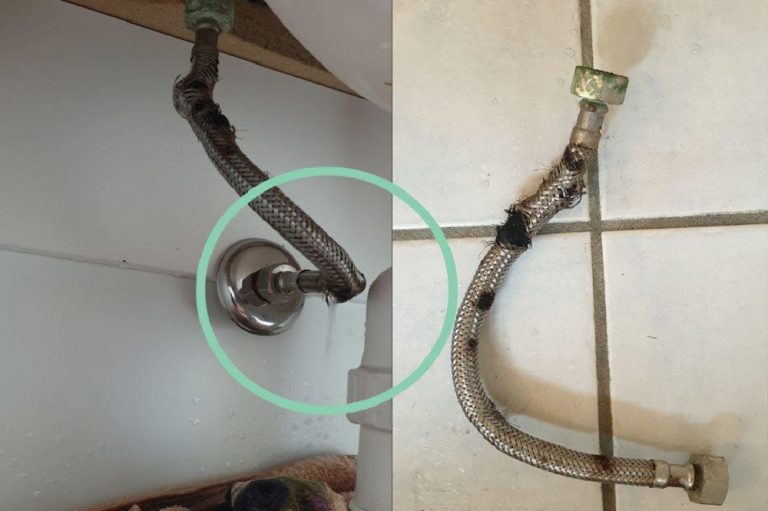 There are several reasons why your
kitchen sink hose
may be leaking. One common cause is wear and tear over time. The constant use of the hose can lead to cracks or holes, causing it to leak. Another possible cause is a loose or faulty connection between the hose and the sink or the water supply line. If the connection is not secure, water can easily leak out.
There are several reasons why your
kitchen sink hose
may be leaking. One common cause is wear and tear over time. The constant use of the hose can lead to cracks or holes, causing it to leak. Another possible cause is a loose or faulty connection between the hose and the sink or the water supply line. If the connection is not secure, water can easily leak out.
The Consequences of Ignoring a Leaking Kitchen Sink Hose
 At first, a leaking
kitchen sink hose
may not seem like a big deal, but if left unattended, it can lead to serious consequences. The constant dripping of water can cause damage to your sink and countertop, leading to costly repairs. It can also create a breeding ground for mold and mildew, which can be harmful to your health. Additionally, a leaking hose can cause water damage to your kitchen cabinets and floors, weakening the structure of your home.
At first, a leaking
kitchen sink hose
may not seem like a big deal, but if left unattended, it can lead to serious consequences. The constant dripping of water can cause damage to your sink and countertop, leading to costly repairs. It can also create a breeding ground for mold and mildew, which can be harmful to your health. Additionally, a leaking hose can cause water damage to your kitchen cabinets and floors, weakening the structure of your home.
How to Fix a Leaking Kitchen Sink Hose
 Fortunately, fixing a leaking
kitchen sink hose
is a relatively simple task. The first step is to turn off the water supply to your sink. Next, check the hose for any visible cracks or holes. If there are any, you can easily replace the hose with a new one. If the hose is in good condition, check the connections for any loose or damaged parts. Tighten or replace any faulty fittings to ensure a secure connection. If the leak persists, it may be a sign of a more serious plumbing issue, and it is best to consult a professional plumber.
Fortunately, fixing a leaking
kitchen sink hose
is a relatively simple task. The first step is to turn off the water supply to your sink. Next, check the hose for any visible cracks or holes. If there are any, you can easily replace the hose with a new one. If the hose is in good condition, check the connections for any loose or damaged parts. Tighten or replace any faulty fittings to ensure a secure connection. If the leak persists, it may be a sign of a more serious plumbing issue, and it is best to consult a professional plumber.
Preventing Future Leaks
 To avoid future leaks, it is important to regularly check your
kitchen sink hose
for any signs of wear and tear. You can also install a water leak detector, which can alert you to any leaks before they become a bigger problem. Additionally, be gentle when using the hose and avoid putting too much pressure on it.
To avoid future leaks, it is important to regularly check your
kitchen sink hose
for any signs of wear and tear. You can also install a water leak detector, which can alert you to any leaks before they become a bigger problem. Additionally, be gentle when using the hose and avoid putting too much pressure on it.
Don't Ignore a Leaking Kitchen Sink Hose
 In conclusion, a leaking
kitchen sink hose
may seem like a minor issue, but it can have serious consequences if left untreated. By addressing the issue promptly, you can save yourself from costly repairs and potential health hazards. Regular maintenance and proper use can also help prevent future leaks. Remember to always seek professional help if you are unsure how to fix the issue yourself. Don't ignore the dripping – take action and fix the problem before it gets worse.
In conclusion, a leaking
kitchen sink hose
may seem like a minor issue, but it can have serious consequences if left untreated. By addressing the issue promptly, you can save yourself from costly repairs and potential health hazards. Regular maintenance and proper use can also help prevent future leaks. Remember to always seek professional help if you are unsure how to fix the issue yourself. Don't ignore the dripping – take action and fix the problem before it gets worse.





